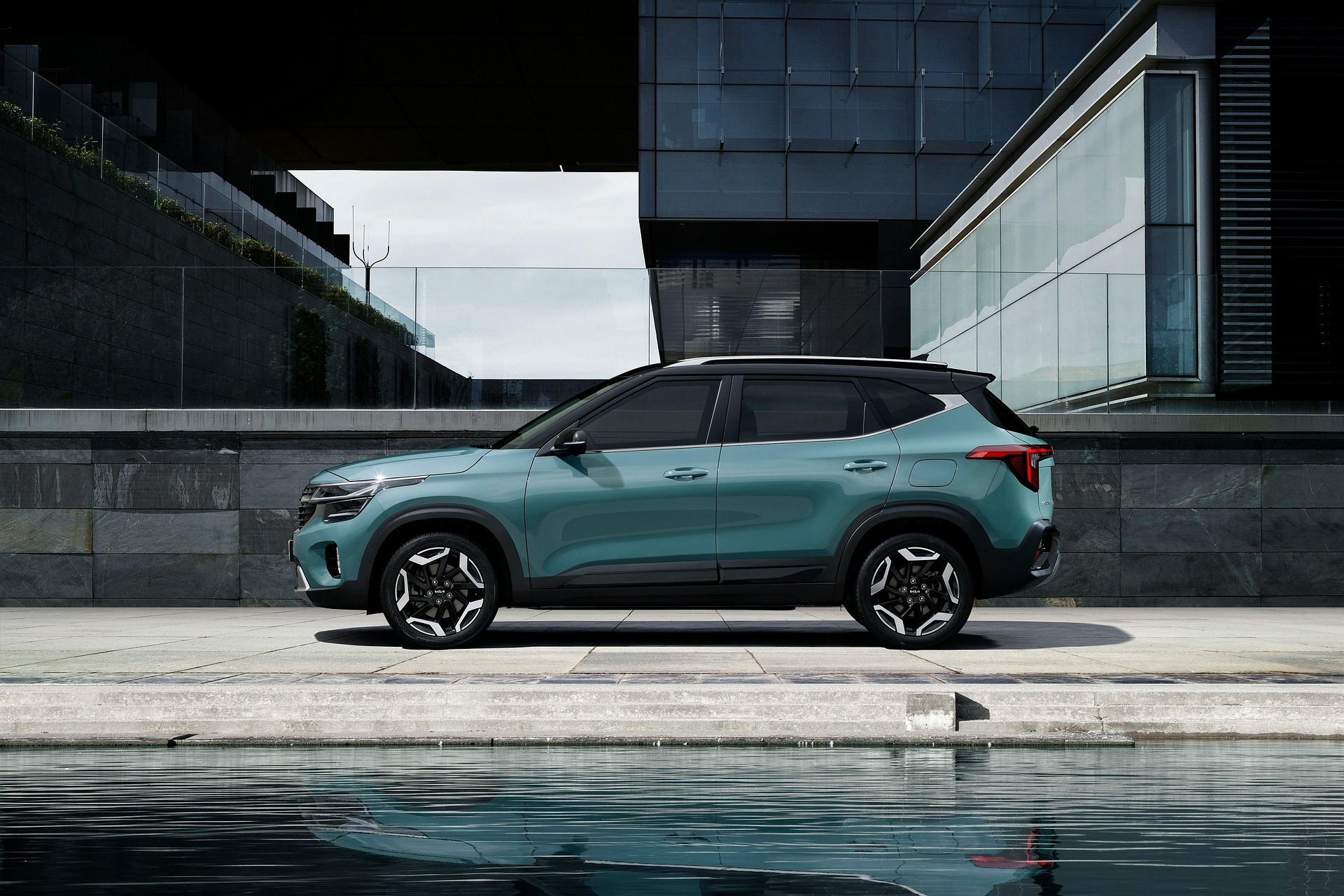Revolutionizing Mobility: The Latest Innovations in Electric Car Technology
The world of personal transportation is undergoing a seismic shift, with electric car technology at the forefront of this revolution. As the automotive industry pivots towards a greener future, electric vehicles (EVs) are not only gaining popularity but also becoming a hotbed of innovation. From enhanced battery capabilities to autonomous driving features, the latest advances are redefining how we perceive mobility. In this article, we’ll explore the most exciting developments in electric car technology, based on recent insights from top tech reviews and news outlets like The Verge, MacRumors, and TechCrunch.
The Rise of Electric Vehicles: A Brief Overview
Electric vehicles have come a long way since the introduction of the first electric car in the late 19th century. However, it wasn’t until the early 21st century that we witnessed a significant shift as technological advancements made EVs more practical and desirable. Today, electric cars are not just a niche luxury but a mainstream choice for environmentally-conscious consumers and technology enthusiasts alike.
Breakthroughs in Battery Technology
Longer Range and Faster Charging
One of the most critical aspects of electric car technology is battery innovation. Recent breakthroughs have significantly improved the range and charging speed of EVs, addressing two of the most common concerns among potential buyers.
- Solid-State Batteries: As reported by TechCrunch, companies are heavily investing in solid-state battery technology, which promises higher energy density and improved safety compared to traditional lithium-ion batteries. This innovation is expected to double the range of electric vehicles while reducing charging times significantly.
- Ultra-Fast Charging Networks: According to The Verge, companies like Tesla and Electrify America are expanding ultra-fast charging networks that can add hundreds of miles of range in under 20 minutes. These networks are crucial for eliminating range anxiety and promoting the widespread adoption of electric vehicles.
Sustainable Battery Production
Sustainability is at the core of electric vehicle innovation. Manufacturers are focusing on reducing the environmental footprint of battery production and recycling. Initiatives are underway to develop closed-loop systems that minimize waste and reclaim valuable materials from used batteries.
Autonomous Driving: The Future of Electric Car Technology
Advancements in Self-Driving Features
The integration of autonomous driving technology is another frontier in revolutionizing mobility through electric cars. Tech giants and automotive manufacturers are racing to perfect self-driving systems that promise to make roads safer and more efficient.
- AI-Powered Sensors: As highlighted by MacRumors, advancements in AI and sensor technology are enhancing the capabilities of autonomous vehicles. Lidar, radar, and camera systems are now more precise, allowing cars to navigate complex urban environments with ease.
- Regulatory Progress: The Verge notes that regulatory bodies worldwide are beginning to establish frameworks for the safe deployment of autonomous vehicles. These regulations are crucial for accelerating the adoption of self-driving electric cars.
Benefits of Autonomous Electric Vehicles
The convergence of electric and autonomous technology brings numerous benefits, including:
- Enhanced Safety: By reducing human error, autonomous vehicles can significantly decrease the number of road accidents.
- Increased Efficiency: Self-driving cars can optimize routes and reduce congestion, leading to lower emissions and energy consumption.
- Greater Accessibility: Autonomous electric vehicles have the potential to provide mobility solutions for individuals unable to drive, such as the elderly or disabled.
Connected Cars: The Internet of Things Meets Electric Vehicles
Smart Features and Connectivity
Electric cars are becoming smarter, thanks to the integration of Internet of Things (IoT) technology. This connectivity is transforming vehicles into digital hubs that enhance the driving experience.
- Over-the-Air Updates: As mentioned by TechCrunch, over-the-air software updates allow manufacturers to continually improve vehicle performance and add new features without requiring a visit to the dealership.
- Advanced Infotainment Systems: Modern electric vehicles are equipped with cutting-edge infotainment systems that offer seamless integration with smartphones and other devices, providing drivers with real-time information and entertainment options.
The Role of Big Data
Connected electric cars generate massive amounts of data that can be used to improve everything from traffic management to vehicle maintenance. By analyzing driving patterns and vehicle performance, manufacturers can anticipate issues and optimize service schedules, enhancing reliability and customer satisfaction.
The Road Ahead: Challenges and Opportunities
While the latest innovations in electric car technology are promising, challenges remain. The development of a robust charging infrastructure, the high cost of new technology, and the need for further regulatory support are hurdles that must be overcome. However, these challenges also present opportunities for innovation and growth in the electric vehicle sector.
As we look to the future, the continued collaboration between technology companies, automotive manufacturers, and governments will be essential in driving the electric vehicle revolution. With ongoing advancements in battery technology, autonomous driving, and connectivity, the prospects for electric cars are brighter than ever.
In conclusion, the latest innovations in electric car technology are revolutionizing mobility in ways that were once considered science fiction. As these advancements continue to unfold, electric vehicles are poised to become the driving force behind a sustainable and connected future.

